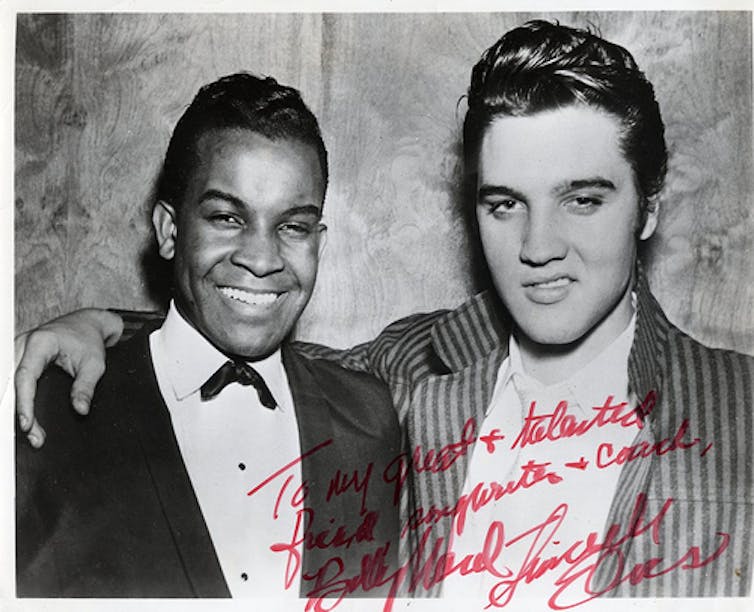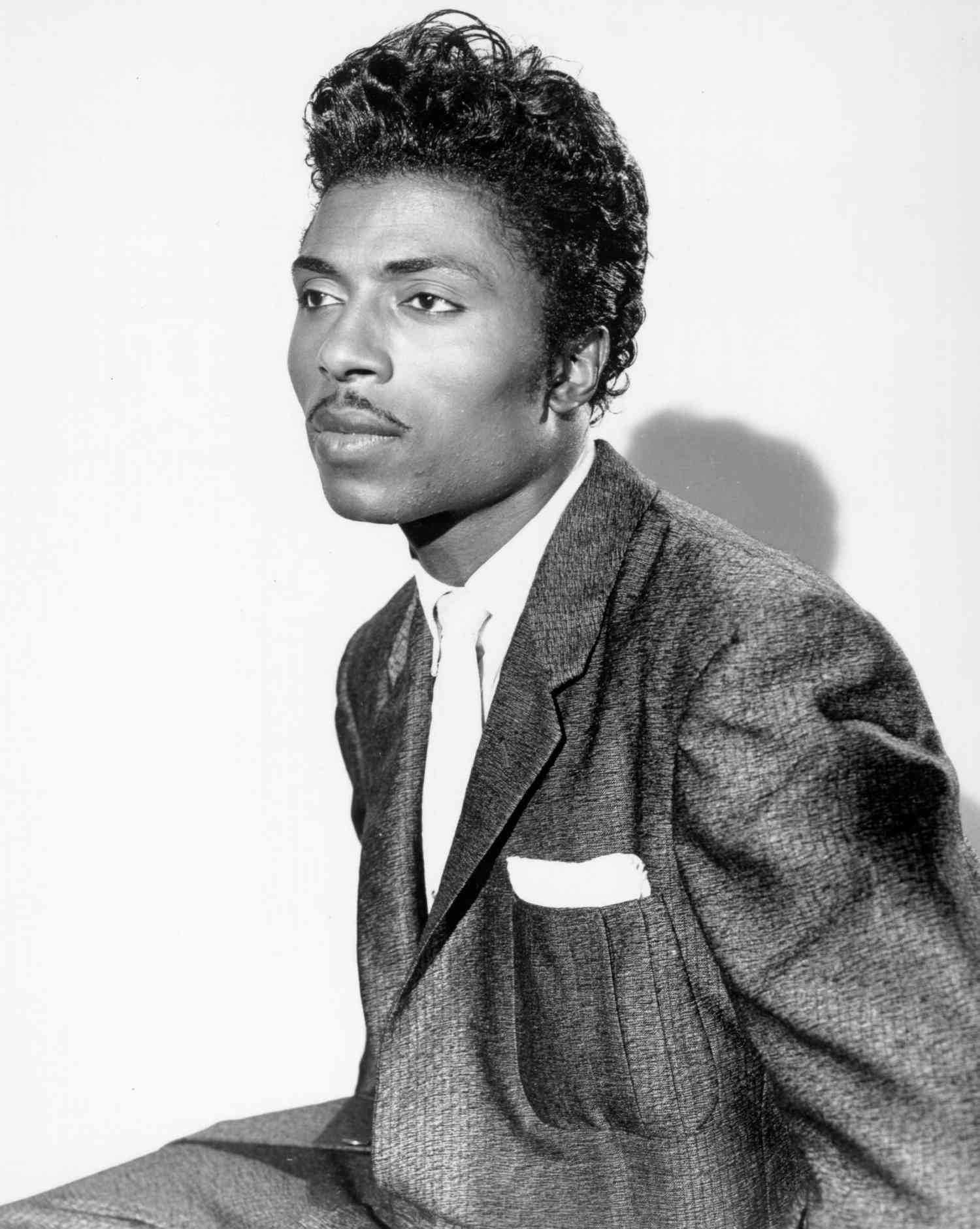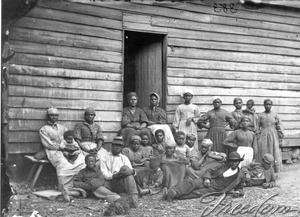Commodification: Our Art for Their Profit
Since the era of the Transatlantic Slave Trade, the hard work of African Americans has always been exploited and used for the financial gain of people with no interest in the well-being of our community. In this capitalistic nation, black labor is taken advantage of in every way, but one of the most important ways is the commodification of our music. For us, music has always been a tool to bring our community together, express the realities of our lives, and ultimately a way to keep us going in times of struggle. Our music has always been distinctly different and special for this reason and it has a feel that cannot be recreated by anyone else. Due tp that, it is not shocking that others would see the power of our music and want to gain profit off of it, which is exactly what white executives, musicians, and audiences did.


The first instance of commodification of our music can be seen through Negro Spirituals. Originally, these songs were created and sung by us to each other on the plantations as a way to help us maintain some sort of motivation to keep going in the midst of our struggles and as secret messages to help us get to freedom. It wasn’t long before white people recognized the beauty of it and decided they wanted to get their hands on it. White abolitionists, who were supposed to be helping us, decided to create a collection of our negro spirituals and sell it for profit. That collection is known as The Slave Songs of the United States (1867).
The Commodification of Ragtime
Another instance of commodification of black music is seen through ragtime music. Scott Joplin, known as the “King of Ragtime”, was a talented artist and musicians. Many white audiences and executives saw his musical talent and Joplin saw an opportunity to make more money, so he began to sell his sheet music to them for a much lower cost than what it was truly worth.

The Commodification Through Record Labels and Race Records

One of the most notorious examples of commodification and exploitation of black music can be seen by the actions of white-owned record labels who would sign black artists. Hoping to make money and share their talents, many eager new black artists came to these record labels hoping for a shot. While they were able to perform and make music, many of these artists would come to realize they were not receiving anywhere close to the amount of money they deserve for their hard work. One of the most shocking examples of this exploitation comes from Little Richard. At 19, he signed with Speciality Records and created his hit song “Tutti Frutti” which was popular across the nation. He sold his song to the label and then only made half a cent for every single copy that was purchased. This example may seem pretty extreme, but this was the experience for many other black artists of the time who would sign on to these white labels. On top of this, black artists would often sign with these companies and then have their songs taken from them and given to the white artists of that same label.
In The Modern Day

This same commodification and exploitation of black artists still exist in the modern-day. Although the cases are not as egregious, black musicians are still having to fight record companies to get their fair share from all the hard work they put in. We just wish they would love us black people as much as they love our culture!


